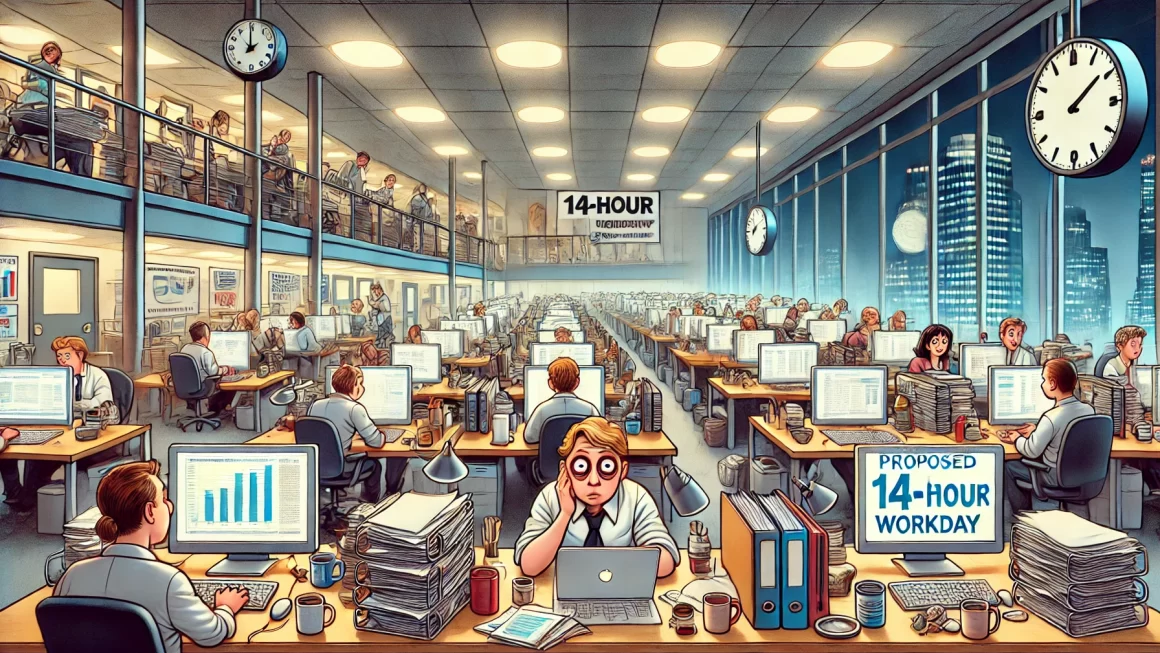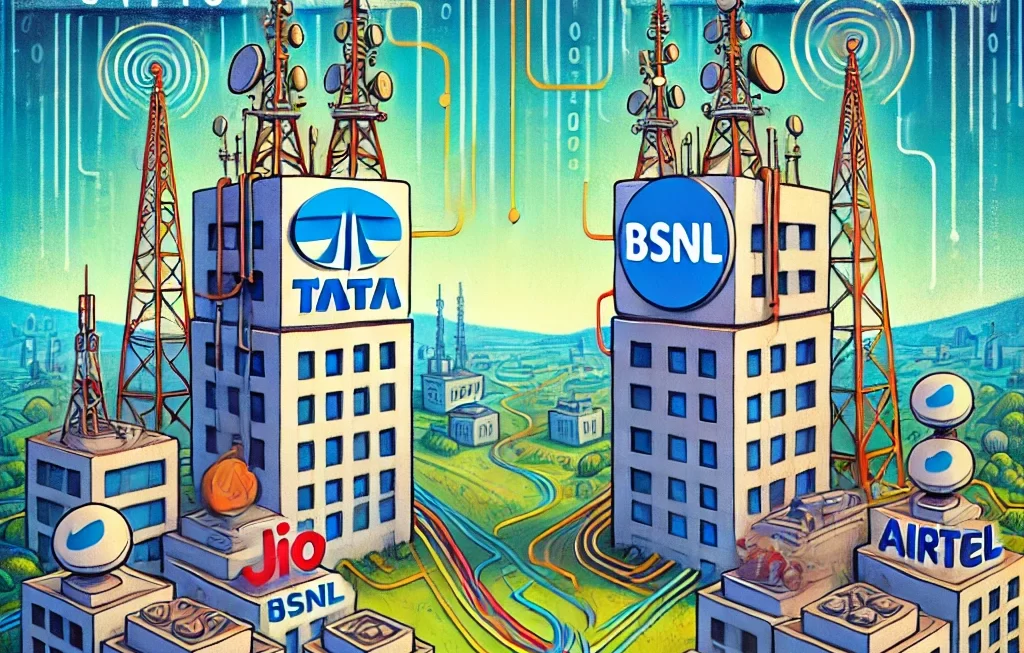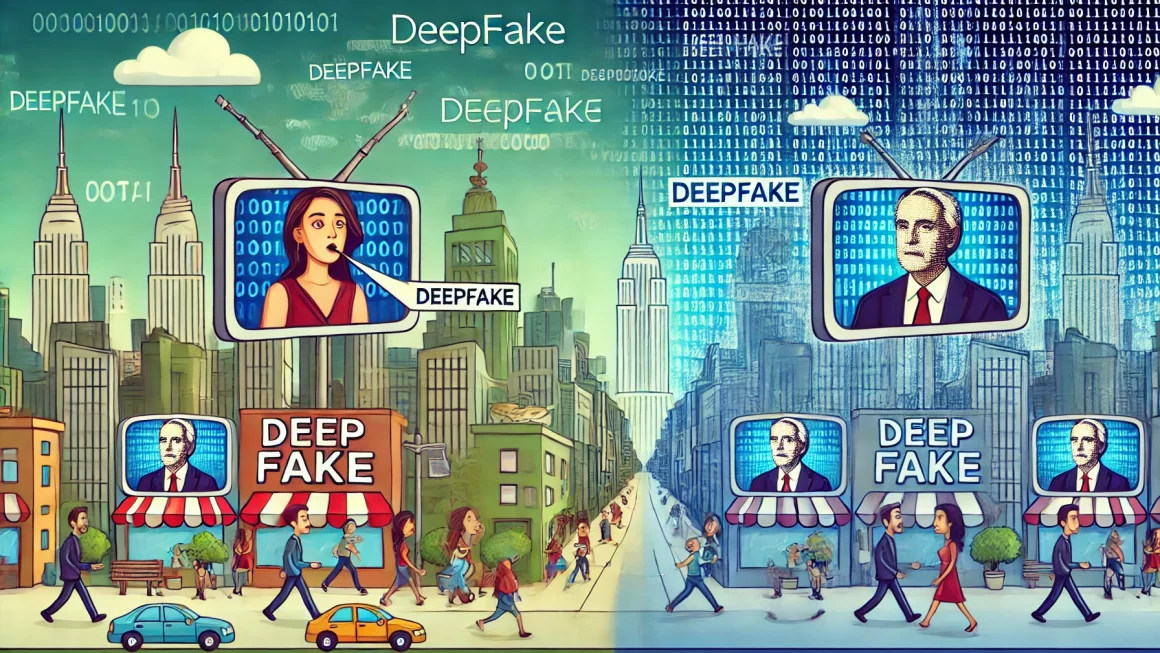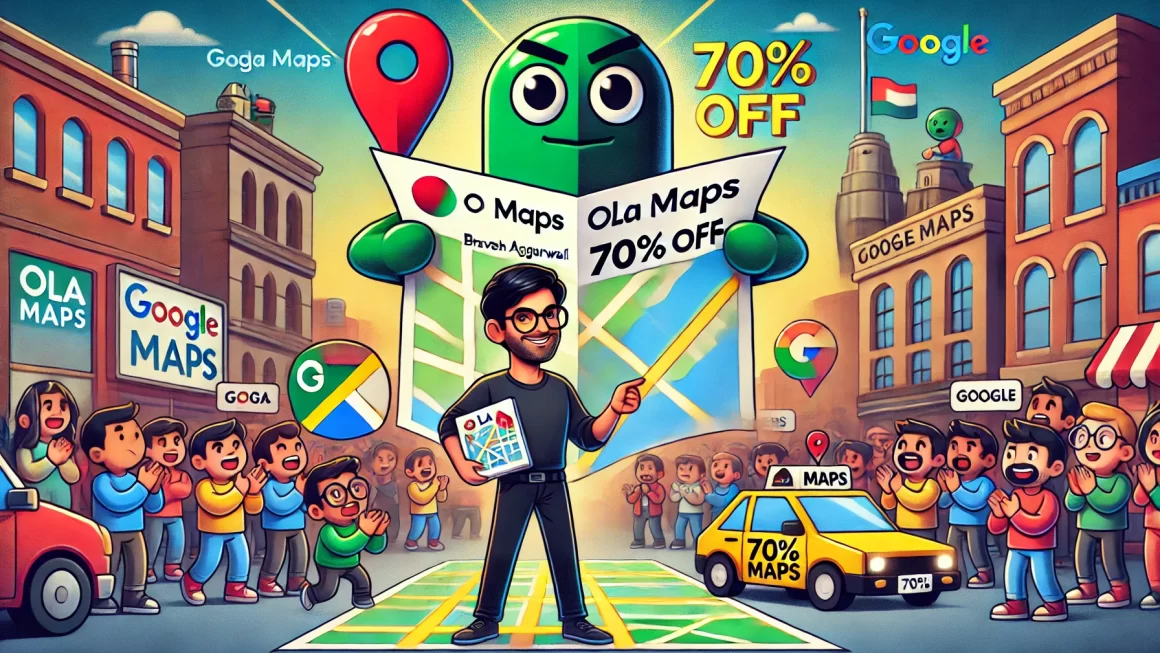As someone who’s been soldering away in the IT sector trenches for over 15 years, I must tip my hat to the recent, shall we say, ambitious suggestion from the Karnataka government advocating a 14-hour workday. It’s not every day you see a policy that perfectly blends Orwellian dystopia with Silicon Valley hustle culture.
Let’s unpack this, shall we? First off, we have industry titans like TCS and Infosys, the proud flag-bearers of the service-based outsourcing model. They don’t manufacture products; they manufacture software solutions, on the clock and billed by the hour—or by the milestone, for those fancy enough to escape the tyranny of the time sheet. The business model is simple: clients are charged for a fixed amount of work within a fixed timeframe. Elegant, predictable, and oh so lucrative.
Enter the proposed 14-hour workday. At first blush, it sounds like a productivity jackpot. More hours, more output, right? But here’s a fun fact: if you stretch a rubber band too much, it snaps. And let me tell you, working in IT is already akin to being that overstretched rubber band.
The revered Narayana Murthy of Infosys fame once suggested that a 60-70 hour work week could propel the country to greater heights. With all due respect, Mr. Murthy, while the intent behind turbocharging productivity is noble, we must ask—at what cost? No offense, but I doubt even you would fancy coding away as the clock strikes midnight, only to rinse and repeat a few hours later.
And here’s where the math doesn’t add up. Most service companies, my dear TCS and Infosys included, operate on fixed billing. Employees typically don’t see extra dough for extra time. So, if we miraculously start finishing projects ahead of schedule because we’re chaining ourselves to our desks longer, does the company pass on the savings to clients? Or better yet, do they share the spoils with us, the keyboard warriors? Spoiler alert: not really.
Now, proponents of the long-hour grind often wax poetic about the hustle and the glory of the grind. But let’s talk turkey for a moment. Mental and physical health? Relationships? A social life? These aren’t just nice-to-haves; they’re must-haves. And no amount of free office coffee or motivational posters can substitute for that.
So, as much as I’m a fan of pushing the envelope, let’s not seal it at the cost of our well-being. Mr. Murthy, and all you wonderful policymakers out there, consider this: innovation doesn’t need exhaustion as fuel. It needs inspiration, motivation, and yes, occasional rest.
To the powers that be, dreaming of turning Karnataka into a 24/7 coding powerhouse, remember that even the finest machines need downtime. And unlike machines, humans need a bit more than just a reboot to stay operational.
Let’s rethink the 14-hour workday. Because in a world where everyone’s preaching about AI and automation, let’s not automate ourselves into oblivion. After all, we’re not robots. Not yet, anyway.




